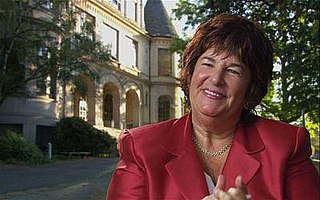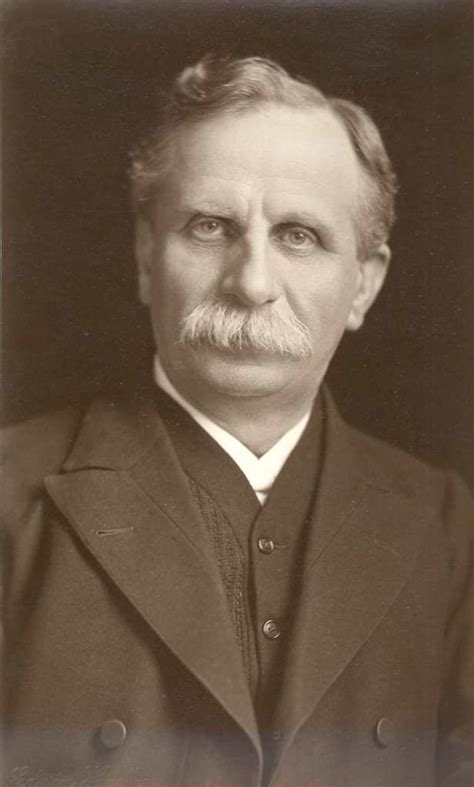A Quote by Meister Eckhart
Treat all things as if they were loaned to you without any ownership - whether body or soul, sense or strength, external goods or honors, house or hall . . . everything.
Related Quotes
Three sorts of goods, Aristotle specified, contribute to happiness: goods of the soul, including moral and intellectual virtues and education; bodily goods, such as strength, good health, beauty, and sound senses; and external goods, such as wealth, friends, good birth, good children, good heredity, good reputation and the like.
Swami cannot give peace of mind; you must work for it yourselves. First, stop the questioning and ask, 'who am I?'. This is my body, my mind, my intelligence. But who is this 'My'? Who is it that claims the ownership of that which is declared to be 'mine'? 'My' indicates ownership. That 'My' is the life. As long as the life is in the body, there is this connection between the 'my' and the intellect - 'my' body, 'my' house, 'my' land. But the moment you remove the life from the body, there is no 'my' or sense of possession. Life is God.
Happiness, whether consisting in pleasure or virtue, or both, is more often found with those who are highly cultivated in their minds and in their character, and have only a moderate share of external goods, than among those who possess external goods to a useless extent but are deficient in higher qualities.
We may treat of the Soul as in the body - whether it be set above it or actually within it - since the association of the two constitutes the one thing called the living organism, the Animate.Now from this relation, from the Soul using the body as an instrument, it does not follow that the Soul must share the body's experiences: a man does not himself feel all the experiences of the tools with which he is working.
There's one uneasy borderline between what is external and what is internal, and this borderline is defined exactly by the sense organs and the skin and the introduction of external things within my own body. Consciousness is altered by physical events and physical objects, which impinge upon my sense organs, or which I introduce into my body. Now the name traditionally given to external objects or processes which change you internally is sacrament. Sacraments are the visible and tangible techniques for bringing you close to your own divinity.
Imagination is strong in a man when that particular function of the brain which enables him to observe is roused to activity without any necessary excitement of the sense. Accordingly, we find that imagination is active just in proportion as our sense are not excited by external objects. A long period of solitude, whether in prison or in a sick room; quiet, twilight, darkness-these are the things that promote its activity; and under their influence it comes into play of itself.
I owe everything to the gift of Pentecost. For fifty days the facts of the Gospel were complete, but no conversions were recorded. Pentecost registered three thousand souls. It is by fire that a holy passion is kindled in the soul whereby we live the life of God. The soul's safety is in its heat. Truth without enthusiasm, morality without emotion, ritual without soul, make for a Church without power.
While the body is young and fine, the soul blunders, but as the body grows old it attains its highest power. Again, every good soul uses mind; but no body can produce mind: for how should that which is without mind produce mind? Again, while the soul uses the body as an instrument, it is not in it; just as the engineer is not in his engines (although many engines move without being touched by any one).
By "essence" I understand a universal, of any degree of complexity and definition, which may be given immediately, whether to sense or to thought.... This object of pure sense or pure thought, with no belief superadded, an object inwardly complete and individual, but without external relations or physical status, is what I call an essence.
Mathematicians have sought knowledge in figures, Philosophers in systems, Logicians in subtleties, and Metaphysicians in sounds. It is not in any nor in all of these. He that studies only men, will get the body of knowledge without the soul, and he that studies only books, the soul without the body.
In a general way, the literature of the twentieth century is essentially psychological; and psychology consists of describing states of the soul by displaying them all on the same plane, without any discrimination of value, as though good and evil were external to them, as though the effort toward the good could be absent at any moment from the thought of any man.





































